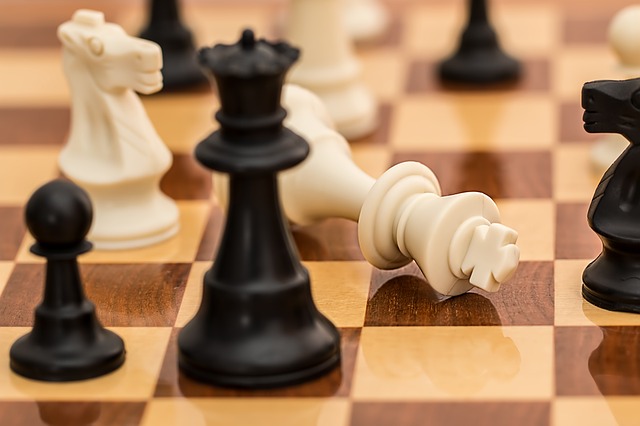 I have been listening to the audio book “Principles: Life and Work” by Ray Dalio, founder of investment firm Bridgewater Associates, one of the world’s largest hedge funds. The first part of the book focuses on the history of the author and the financial industry. But the second part, the principles, is applicable to everyone. You may not agree with all of the author’s principles, but it gives the reader – or listener – a good starting off point for figuring out their own principles.
I have been listening to the audio book “Principles: Life and Work” by Ray Dalio, founder of investment firm Bridgewater Associates, one of the world’s largest hedge funds. The first part of the book focuses on the history of the author and the financial industry. But the second part, the principles, is applicable to everyone. You may not agree with all of the author’s principles, but it gives the reader – or listener – a good starting off point for figuring out their own principles.
A popular quote attributed to comedian Groucho Marx is “These are my principles. If you don’t like them I have others.”
This was intended as joke, I’m sure, and is often associated with politicians. But this also points out that as we go through life our principles very likely evolve. They may never actually change, but as we mature and have more knowledge and experiences to base these principles on, they become more refined and relevant to where we are in our lives.

Anyway. I was listening to the book on the way to work the other day and then realized that I hadn’t been paying attention and that he was talking about decisions. I’m honestly not sure what his point of that particular section was. What I got out of it, though, is that it’s unlikely that whatever decision you make – and we all have to make decisions – is going to be your last. You will more than likely have the opportunity to make that decision or choice again and again.
So what happens if you make the ‘wrong’ decision? You could sink into a deep depression, beating yourself up, letting the wound be ripped open again every time someone mentions that situation, and be permanently scarred by it. Or . . . you could grieve for moment and then analyze the decision and the consequences to find out what went wrong and how you can make a better decision the next time around – because it’s very likely there will be ‘a next time around’.
Do you know how many people stress about what they’re going to have supper or where they’re going to go for their next meal? Way too much energy is wasted on it. Over and over again. Because you know, in most cases, if you make a wrong decision, you won’t enjoy the meal is the worst that will happen. And tomorrow night you’ll have the opportunity to make a better decision. So don’t stress about it!
There are other decisions that have more serious consequences. You may not want to make those decisions quite as lightly. But if it turns out that you made a wrong decision, what do you think you should do? How about analyzing the decision and the consequences to find out what went wrong and how you can make a better decision next time.
This may be with regard to a purchase. If it’s a small purchase like a pack of pens, you may toss it off, say live and learn, and keep going. And then buy the same wrong pack of pens the next time. Or it could be a major purchase like car. You will probably be living with the consequences of that decision for a long time. If it turns out to be a wrong decision, it would really be in your best interest to analyze the decision and the consequences to find out what went wrong and how you can make a better decision next time.
You make decisions every day. Most of them are minor. Some of them are major. Practice that technique of analyzing the decisions and consequences with the minor decisions, whether the outcome is good or bad, so that when the major decisions come along, you’ll be ready.
What does this have to do with your spiritual life? Everything! We make decisions about our walk with God daily, even moment by moment. Are we analyzing those decisions? Are we looking at the consequences – both when they are pleasing AND when they are painful? Are we trying to figure out what we can do better when we make those decisions or choices in the future?

Whatever our experiences, if we are the same person after the experiences as before, then we have learned nothing. Some of us go through life just trying to avoid the pains of life. But that’s not really living a full life. Wouldn’t it be more fulfilling to make the decisions and choices and risk experiencing the pain of the consequences of those decisions? Sometimes you will have to experience that pain. But if we use that as an opportunity to learn and to make better decisions, think about the life of glorifying and honoring God you could lead. Many of the heroes of the Bible made mistakes – bad decisions. But God loved them anyway. But He didn’t leave them in their misery. And if you let Him, God won’t leave you there, either.
